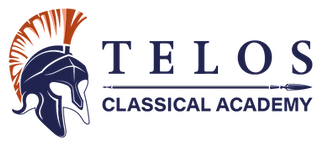top of page

Classical & Christian
1. Classical education seeks to instill in its students a love (philia) of wisdom (sophia) for the sake of becoming a better human being.
2. Classical Christian education teaches that there are truths that do not waver with politics or current events.
3. Classical education emphasizes learning how to learn through mastery of the verbal arts of the trivium.
4. Classical education stresses the integration of knowledge across subjects to the point of mastery of a topic.

bottom of page
